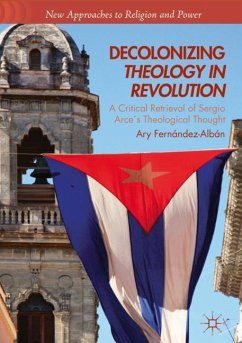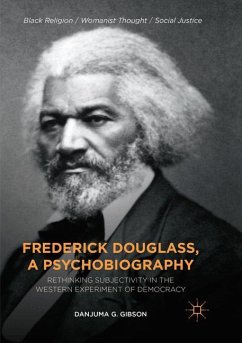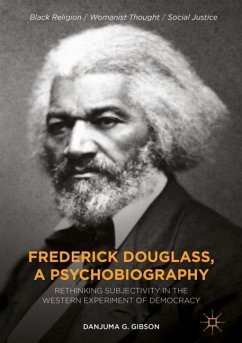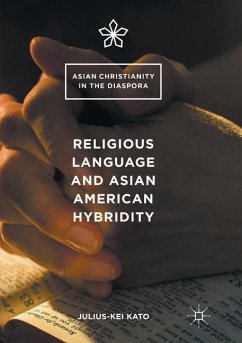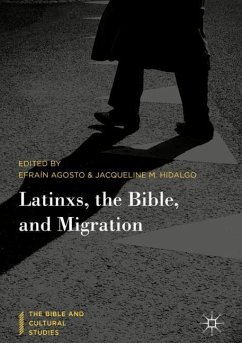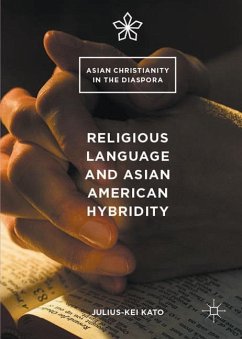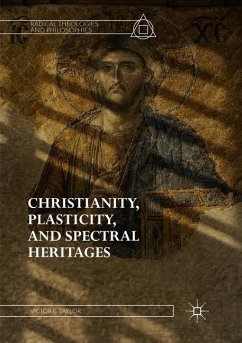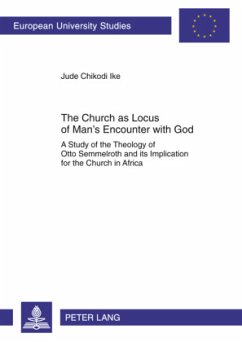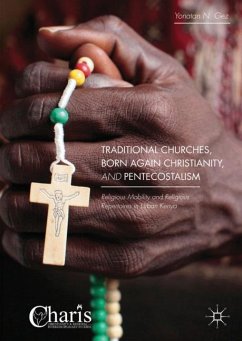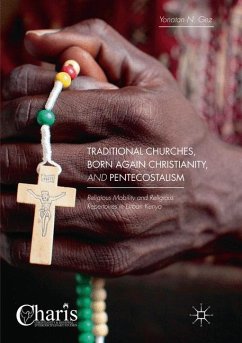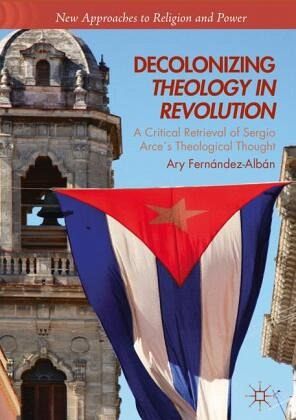
Decolonizing Theology in Revolution
A Critical Retrieval of Sergio Arce´s Theological Thought
Versandkostenfrei!
Versandfertig in 6-10 Tagen
42,99 €
inkl. MwSt.
Weitere Ausgaben:

PAYBACK Punkte
21 °P sammeln!
Drawing on decolonial perspective, this book provides a critical retrieval of Sergio Arce's theological thought, and proposes it as a source of inspiration to continue renewing liberation theologies in Cuba and in Latin America. In light of current social contexts in Cuba and abroad, this volume examines the relevance of Arce's theological legacy, identifying significant contributions and also key limitations. It presents a panoramic view of the historical contexts previous to Arce's articulation of his theology, and also reconstructs the various stages of the development of his theology by re...
Drawing on decolonial perspective, this book provides a critical retrieval of Sergio Arce's theological thought, and proposes it as a source of inspiration to continue renewing liberation theologies in Cuba and in Latin America. In light of current social contexts in Cuba and abroad, this volume examines the relevance of Arce's theological legacy, identifying significant contributions and also key limitations. It presents a panoramic view of the historical contexts previous to Arce's articulation of his theology, and also reconstructs the various stages of the development of his theology by reviewing his major writings from the early 1960s to the late 1990s. Bringing Arce into a conversation with other recognized Latin American liberation theologians, this book delivers a reconstruction of his major theological insights related to discourses and practices of liberation, highlighting important similarities and differences between their approaches.



